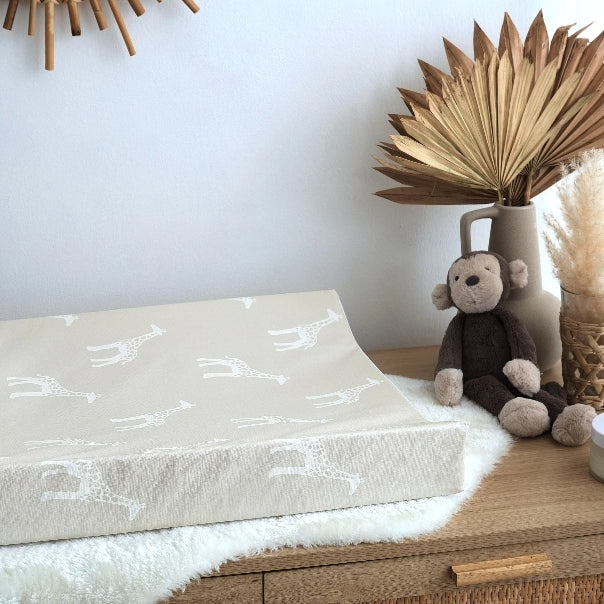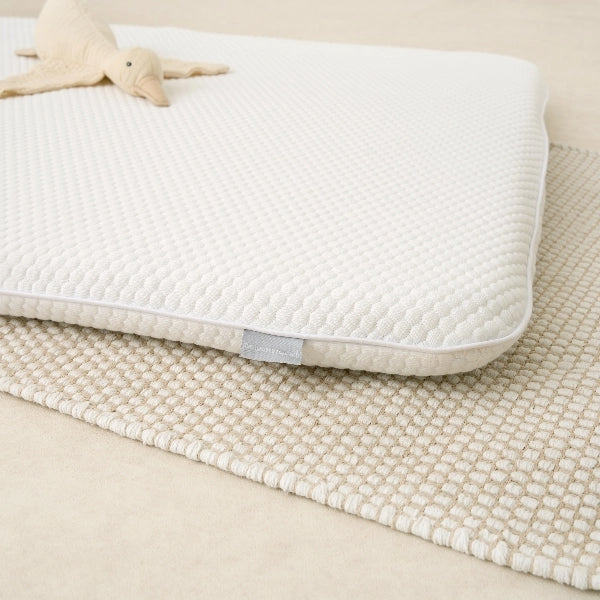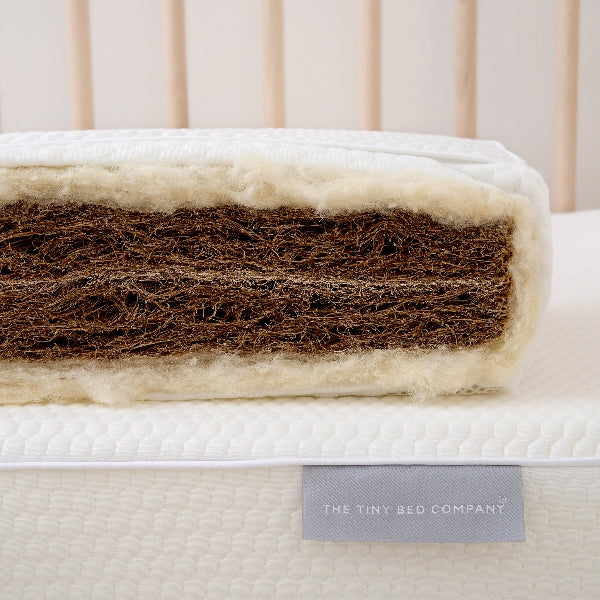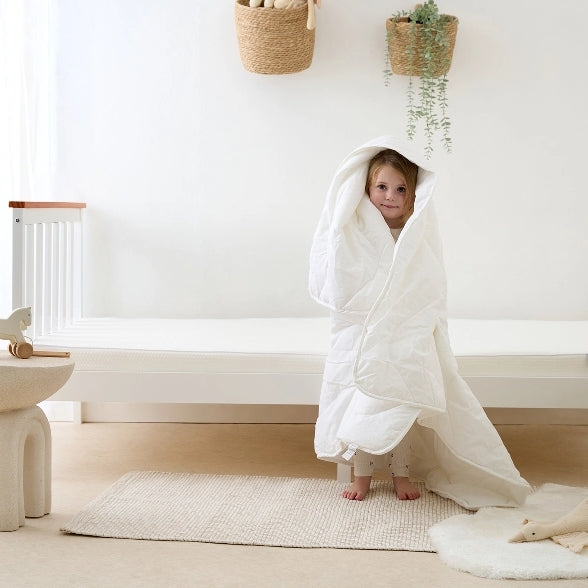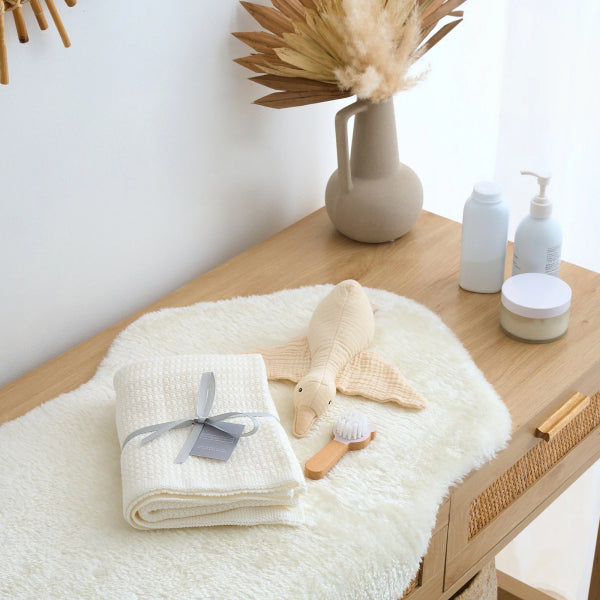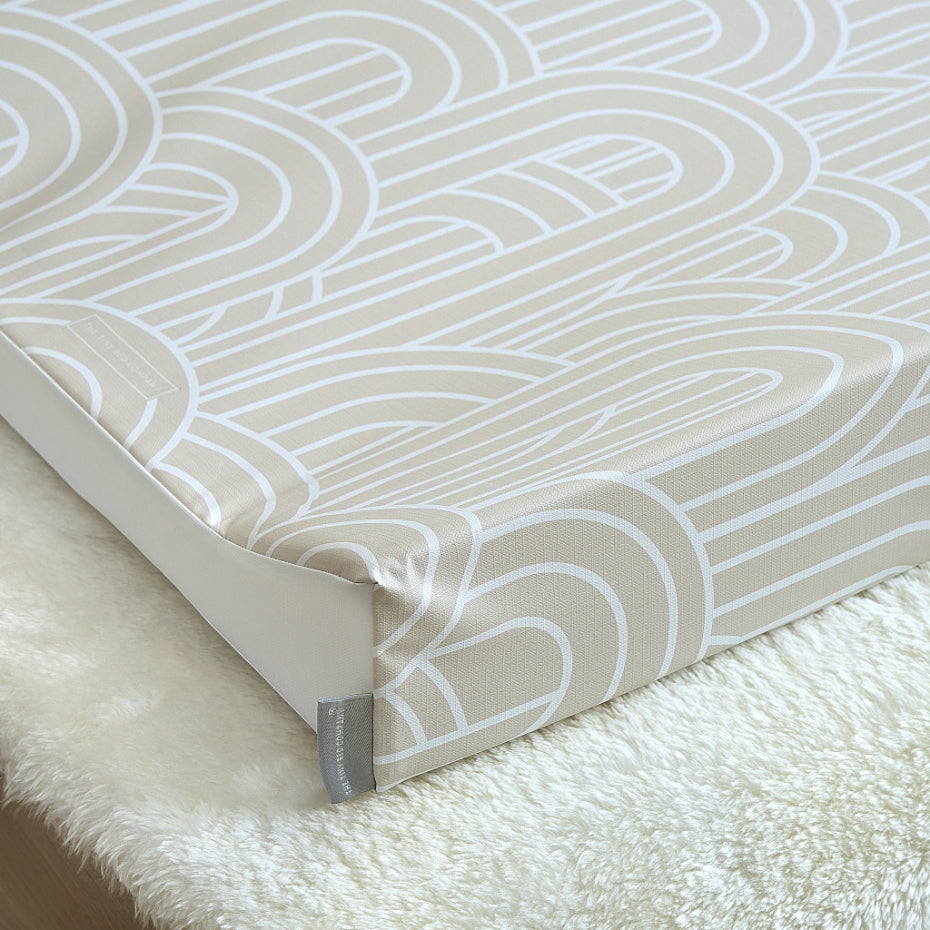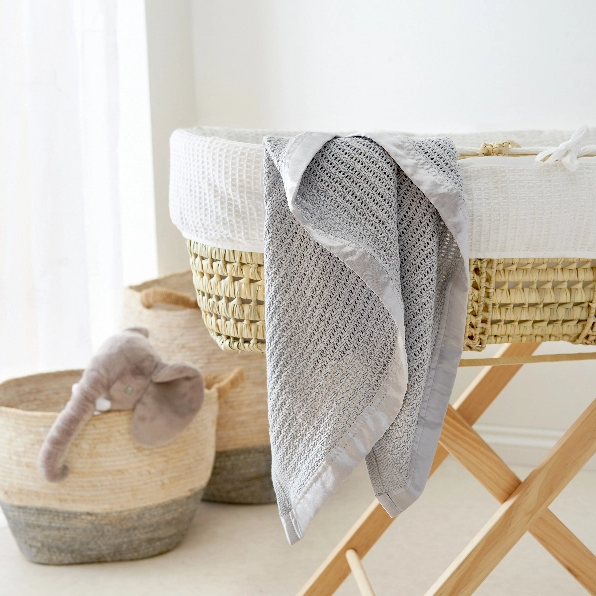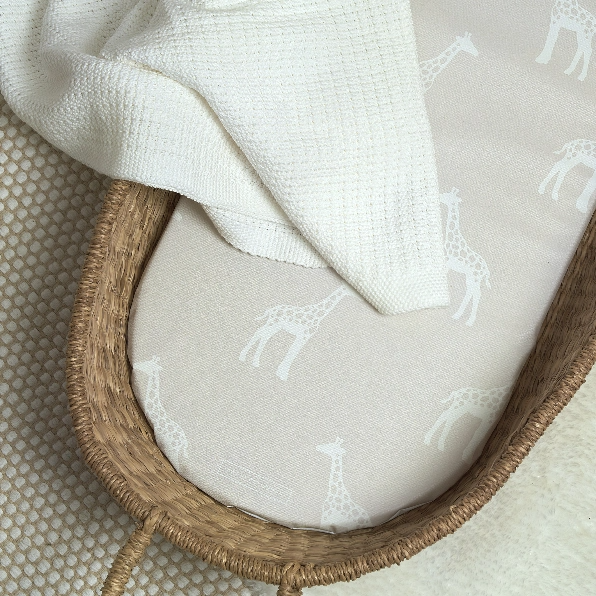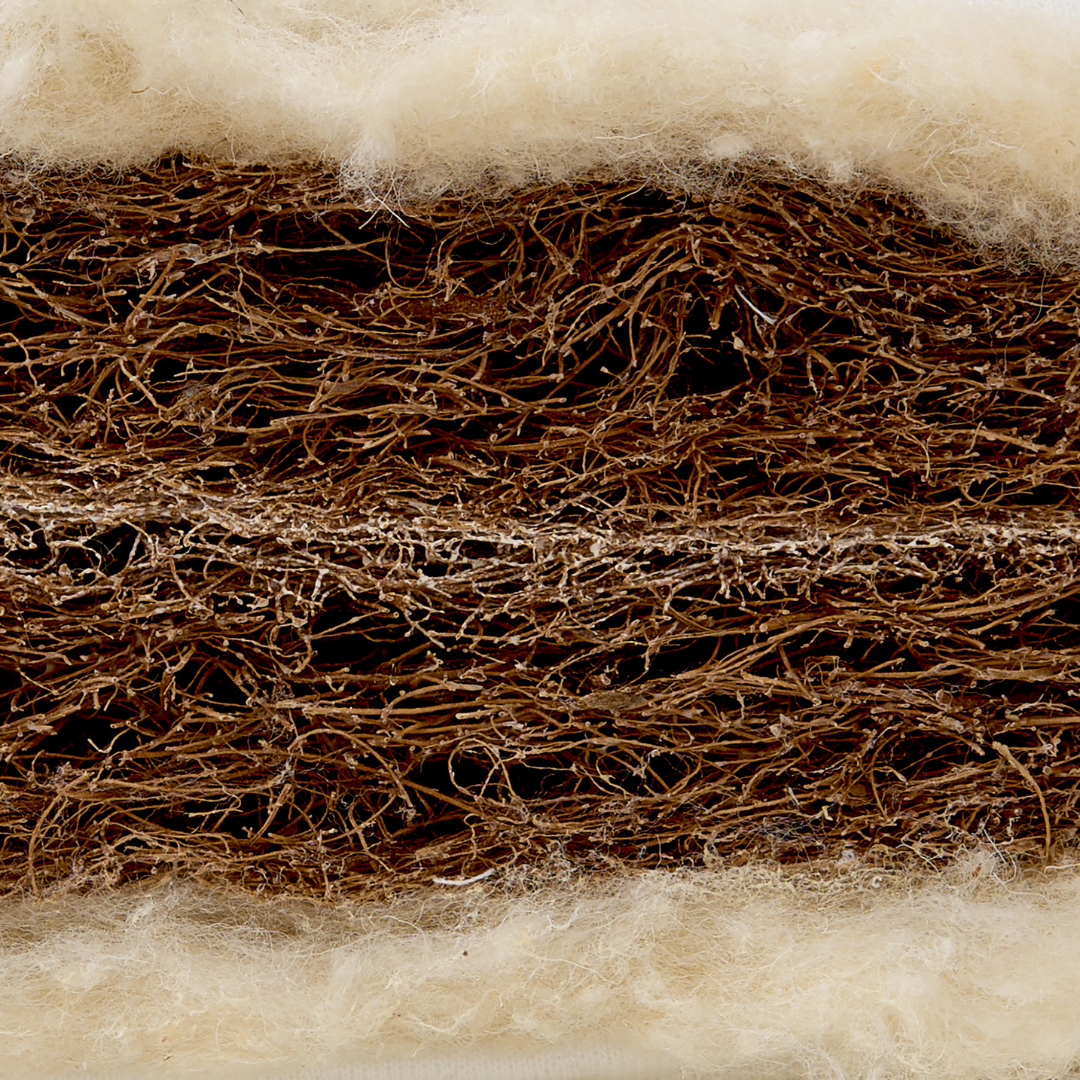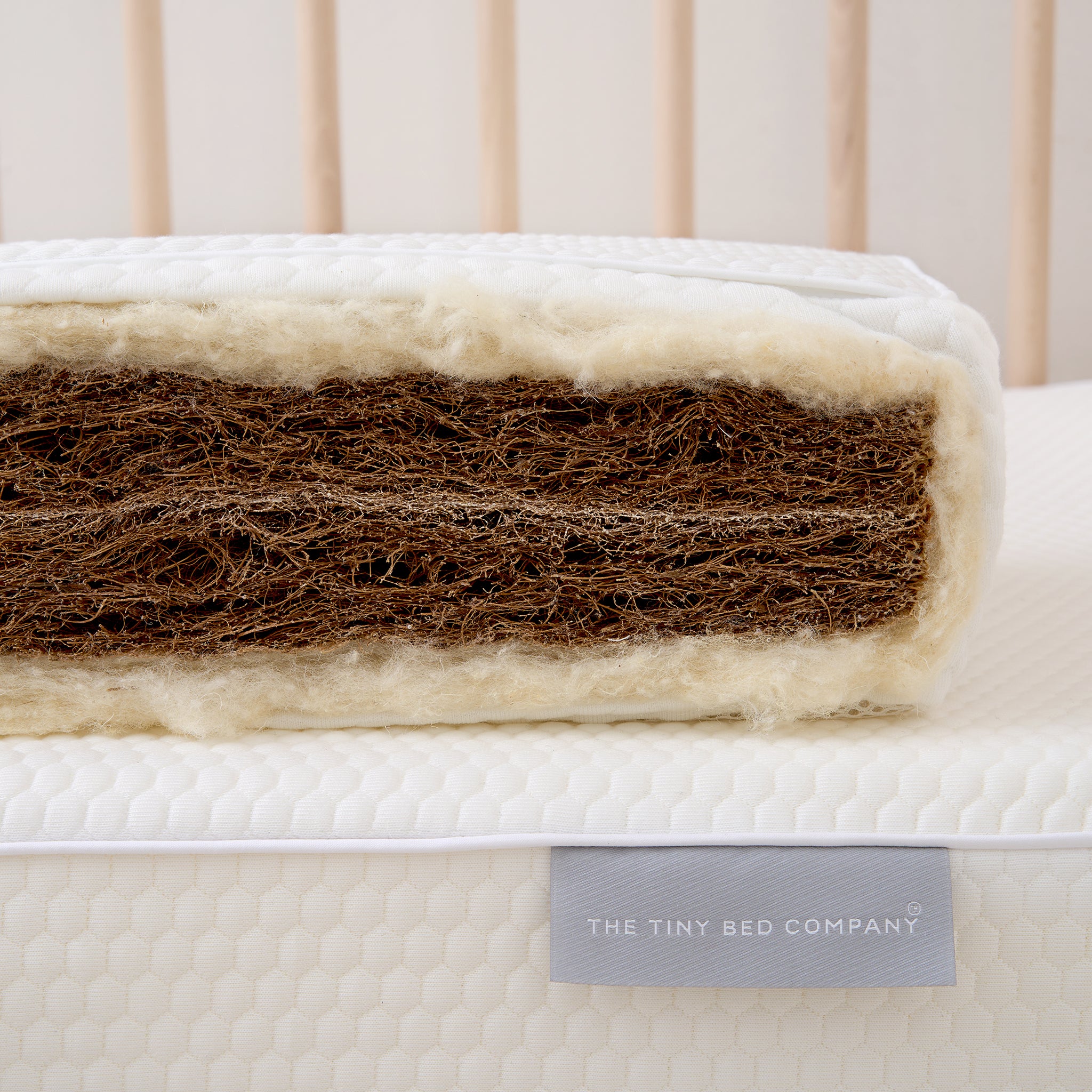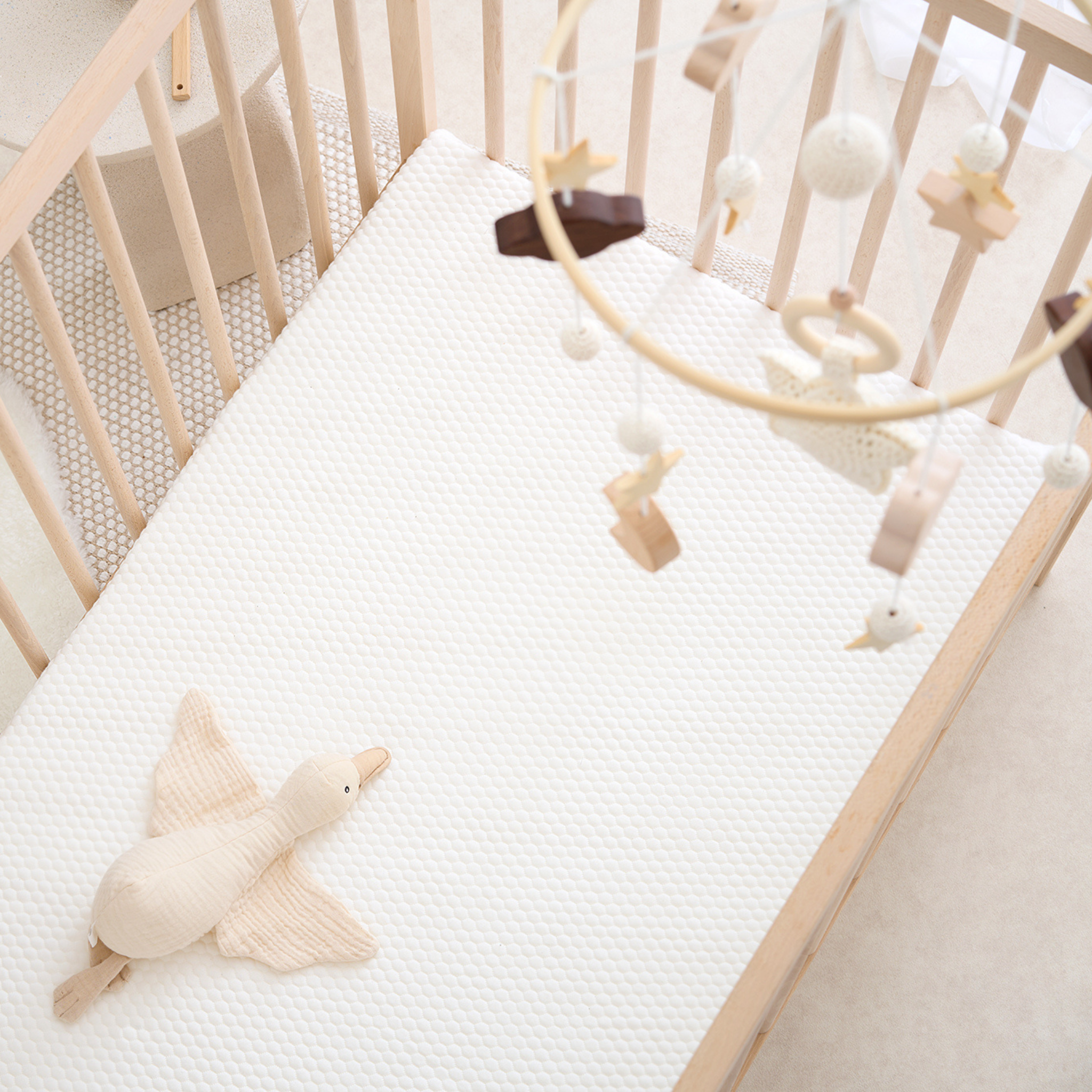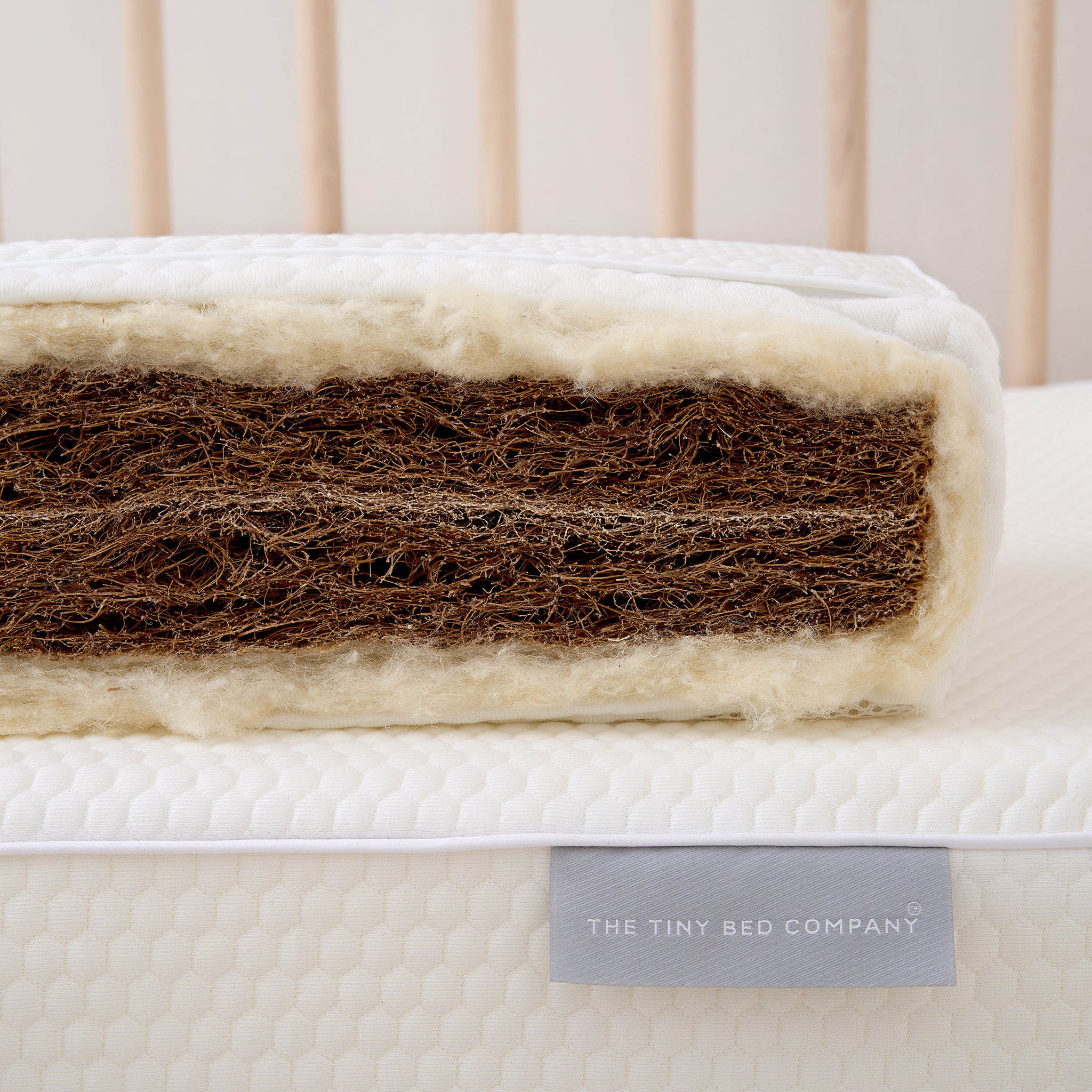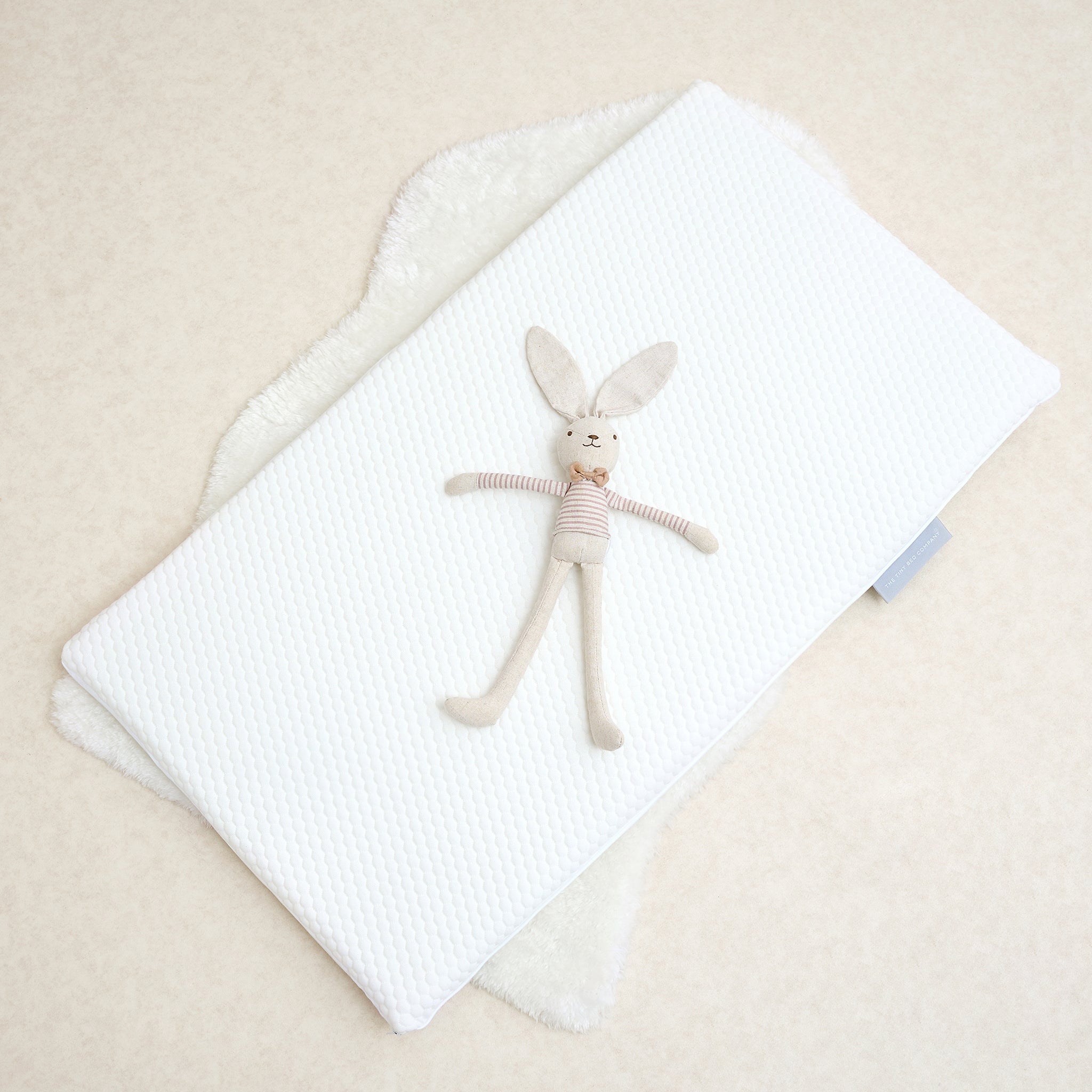Alternatives To Saying 'No': Parenting Tips
We assume you have landed here because you have counted the times in a single day you have said the word 'no' to your child as they innocently draw over your living room walls with a felt tip pen or smear nutella all over the carpet, empty out every single cupboard in the kitchen within two seconds, pull on the dogs tail, bites, hits or throws - we could go on as we have all been there. And we know how it feels in this situation to feel like a broken record.
Children tend to ignore “no” when they hear it repeatedly. It becomes like a background noise. You will notice that they will also start to say “no” to parents, siblings, and friends when they hear it all the time.
Saying 'no' is like a reflex reaction, it just rolls off the tongue. It feels like the quickest and easiest way to get your point across. But yet it never actually seems to be effective or get you anywhere. The big question is, how do you break this cycle of shouting No! and Stop! at your toddler.
What if there was an easier way to communicate your message across? In a positive, effective way that results in being better behavior and building a trusted connection.
(Unless your child is in immediate danger) When you have the urge to yell 'no' in reaction to your toddlers behaviour, you could try switching this to 'oh' - this breaks the response cycle. And instead can give you a little moment to think about your reaction instead of creating a power struggle and frustration.
For example:
Instead of: 'No! do not hit me. I told you to stop doing that. Get on the naughty step.'
You could try: 'Oh! You just hit me. I wont let you hit me. You can touch me like this.' (Reach for their hand with warmth and understanding to show them how to gently touch you without hurting)
Instead of: 'No! I told you to stop throwing your food. I am taking it off you now.'
Try: 'Oh! You are throwing your food. How about we keep the food on the plate, please.'
Saying the word no, isn't wrong or bad. But when it becomes more of a knee jerk reaction and overused as more of a habit, it can get in the way of connection and meeting your child's needs within your boundaries.
Break the habit and use some of the following phrases/words instead of 'no'
1. Lets try this
2. How about we do this instead..
3. Would you prefer this or this?
4. Its time to ...
5. I understand that upsets you, let me help you
6. It looks like you are having a hard time doing that, let me help you.
7. We don't do this because... try this instead.
Children value reason just as much as we do as adults. Saying just 'no' on its own can cause confusion and frustration. Tune in to what your child is trying to do or trying to tell you. Rather than blanketing everything with a 'no'.
Try explaining your reasoning behind your decision, so they can understand too and learn from it too.
Let's take a break from: “No. Don’t touch that. Stop it.”
Instead try: “That isn’t a toy, so we will leave it on the shelf. It’s special & delicate and it could break if we touch or play with it.”
We can retrain ourselves to get a good understanding of our child's behavior. Then providing them with direct requests that guide them into another preferable action. We want our toddlers to be able to make these decisions on their own, redirecting their behavior, but remember that isn't an easy task for a toddler to do on their own. With some practice, the more your toddler learns, they will learn what to do next time and you will see a behavior improvement.
You could try these:
Understanding of the situation: 'I can hear you screaming, you seem upset/angry. What are you trying to tell me? I am here to help you.'
Setting a limit to the behavior: 'I wont let you pull the dogs tail. Pulling their tail hurts. You can stroke him like this.'
Offer request to guide them: 'Oh you are throwing out your bath water. Please keep all of the water in the bath.'
We can give our children the message that we understand them, believe they have good intentions and are trying to figure out the world.
Instead try: 'This seems fun to throw the ball in here, hey? I get it. Let's move this ball game onto the lawn where we have more space and we wont break anything' or 'My glasses look funny and interesting to you, don’t they? But my glasses are not a toy. They’re for mummy only, they are special and help me'.
When you feel a 'no' coming on, remember to swap it out. Set a limit. Offer alternative. You will enjoy embracing a new understanding of each other instead of power struggles, frustration and upset.

